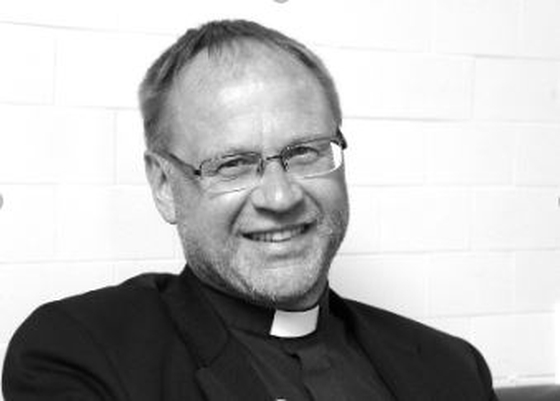
January News From The Clergy
31 Dec 2018 • From the Clergy
We live in tumultuous political times, so much so that many people are literally switching off from TV and radio news. It does indeed seem that megaphone diplomacy, which, of course, is no diplomacy at all, is playing a bigger part in our public discourse. We must not have a false sense that history automatically gets better as we learn to live better, when it is clear that human sinfulness can mess things up just as effectively today as it ever did.
So as Christians we must not be naïve about progress, but nor must we despair or give up hope either. We have a Gospel to proclaim and it is Good News. Our calling as Church in every generation is to be a community of hope, and if you look at the world in which Jesus lived, it was clearly as chaotic and seemingly hopeless as ours today. We must be realistic and yet bearers of hope.
What concerns me about today’s politics is the poverty of our political discourse and conversation. Whatever else popularism might or might not be, the language it uses is designed for newspaper headlines or media news feeds. It tries to give simple answers to complex questions. It feeds people’s sense of unfairness. It requires an enemy and puts people down. It does not have any nuances, allow for compromise or considered thought. Twentieth-century history shows us where it can lead.
This is simply not good enough as a way of doing politics, or building a stable world order and country, nor indeed of running a church. Whenever we are tempted to caricature someone else’s belief and way of living out the faith, we need to check ourselves and remember wise words from the letter of James in the New Testament: ‘you must understand this, my beloved: let everyone be quick to listen, slow to speak, slow to anger; for your anger does not produce God’s righteousness.’
Being ‘quick to listen’ – what might that look like in our public life?
Robert